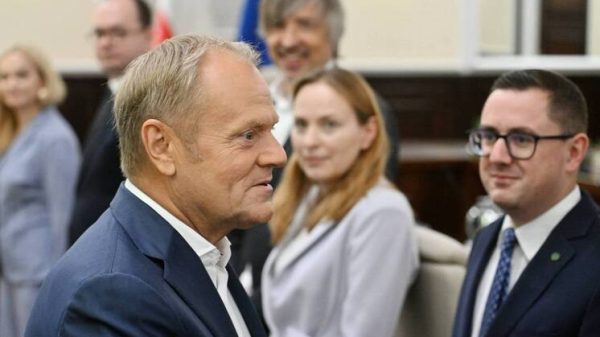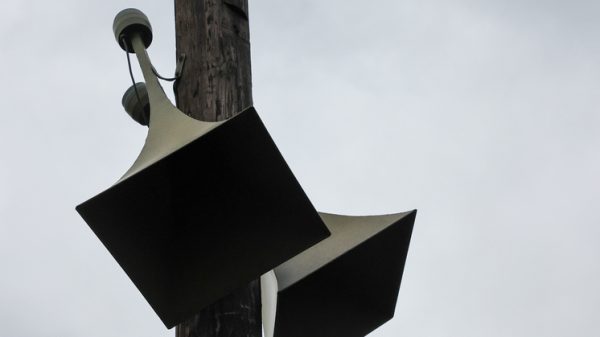Boris Johnson’s promise to set up a 24/7 Covid vaccination service is unlikely to be delivered in the near future, the health secretary has indicated.
Matt Hancock said there was insufficient supply of jabs to extend the operation, which focuses on daytime inoculations. Even if there were, he added, few staff and members of the public were keen on nighttime vaccinations.
“We have discovered, perhaps to nobody’s surprise, that people tend to want to have the jab during the day and those who are doing the vaccination prefer to do it during the day,” Hancock told BBC Radio 4’s Today programme on Wednesday.
Quick guide Vaccines: how effective is each one and how many has the UK ordered?
Show
Hide
Pfizer/BioNTech
Country US/Germany
Efficacy 95% a week after the second shot. Pfizer says it is only 52% after the first dose but the UK’s Joint Committee on Vaccination and Immunisation (JCVI) says this may rise to 90% after 21 days.
The UK has ordered 40m doses and is rolling them out now
Doses Clinical trials involved two doses 21 days apart. The UK is stretching this to 12 weeks.
Oxford/AstraZeneca
Country UK
Efficacy 70.4% 14 days after receiving the second dose. May have up to 90% efficacy when given as a half dose followed by a full dose. No severe disease or hospitalisations in anyone who received the vaccine.
The UK has ordered 100m doses and has begun distribution
Doses Two, four to 12 weeks apart
Moderna
Country US
Efficacy Phase 3 trial results suggest an rating of 94.1%.
The UK has ordered 17m doses, to be delivered in March or April
Doses Two, 28 days apart
Novavax
Country US
Efficacy Phase 3 trials suggest 89.3%.
60m doses ordered by the UK, with distribution expected principally in the second half of the year
Doses Two
Janssen (part of Johnson & Johnson)
Country US
Efficacy 72% in preventing mild to moderate cases in US trials but 66% efficacy observed in international trials. 85% efficacy against severe illness, and 100% protection against hospitalisation and death.
30m doses ordered by the UK
Doses: One, making it unique among Covid vaccines with phase 3 results so far
Photograph: Stéphane Mahé/X02520
Was this helpful?
Thank you for your feedback.
“And so, since what you need to do is you need a vaccinator and you need the vaccine and you need the person being vaccinated, getting those three together during the day is more convenient than overnight.”
He added that the “rate-limiting factor is not the ability for the NHS to get this delivered, the rate-limiting factor is supply” of the vaccines.
Hancock’s comments came only three weeks after the prime minister promised to set up centres that would run all night and handed the health secretary the job of making it happen.
On 13 January, Johnson told the Commons vaccines would be “going to 24/7 as soon as we can”. However, the prime minister also acknowledged the fundamental problem with his promise, admitting: “At the moment the limit is on supply.”
Hancock referred to small-scale night-time operations that were running, such as one he visited in Essex this week, and did not rule out the possibility of a wider 24/7 operation in the future. “We’ll do anything – anything – to make sure that the supply is delivered into people’s arms as fast as safely possible, including 24-hour supply,” he said.
The health secretary highlighted the importance of an uninterrupted supply of vaccines, referring to the problems EU nations have had in respect of the Oxford/AstraZeneca jab.
Cases
Asked if he regretted the extent to which the issue had become politicised in Europe, where officials have been furious at the supply shortages and the French president, Emmanuel Macron, has cast doubt on jab’s the effectiveness in older people, Hancock said: “I think it would have been far better if we’d all worked together all the way through.”
Speaking on the Today programme on Wednesday, the chief investigator of the Oxford vaccine trial, Prof Andrew Pollard, rejected Macron’s claim that the vaccine is “quasi-ineffective” in over-65s.
“I don’t understand what the statement means. The point is that we have rather less data in older adults, which is why people have less certainty about the level of protection,” Pollard said.
“But we have good immune responses in older adults very similar to younger adults, the protection that we do see is in exactly the same direction and of a similar magnitude to younger adults.
“I think we’re confident that we’re going to see good protection in all age groups, just as global regulators haven taken that view.”




















































Свежие комментарии